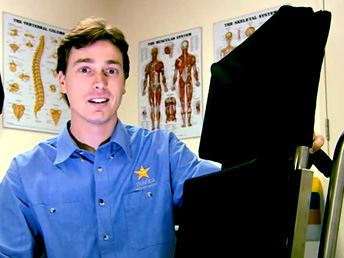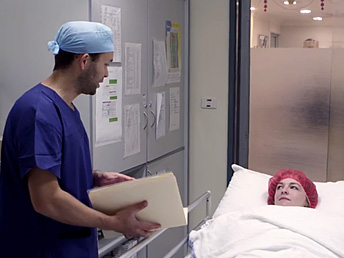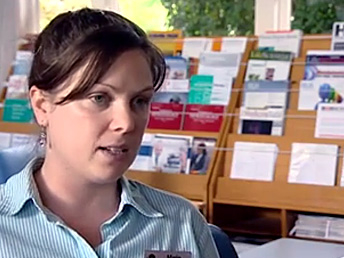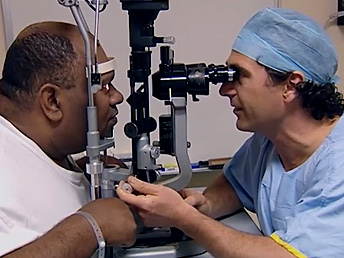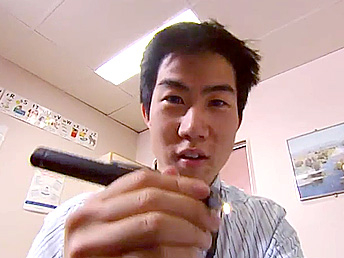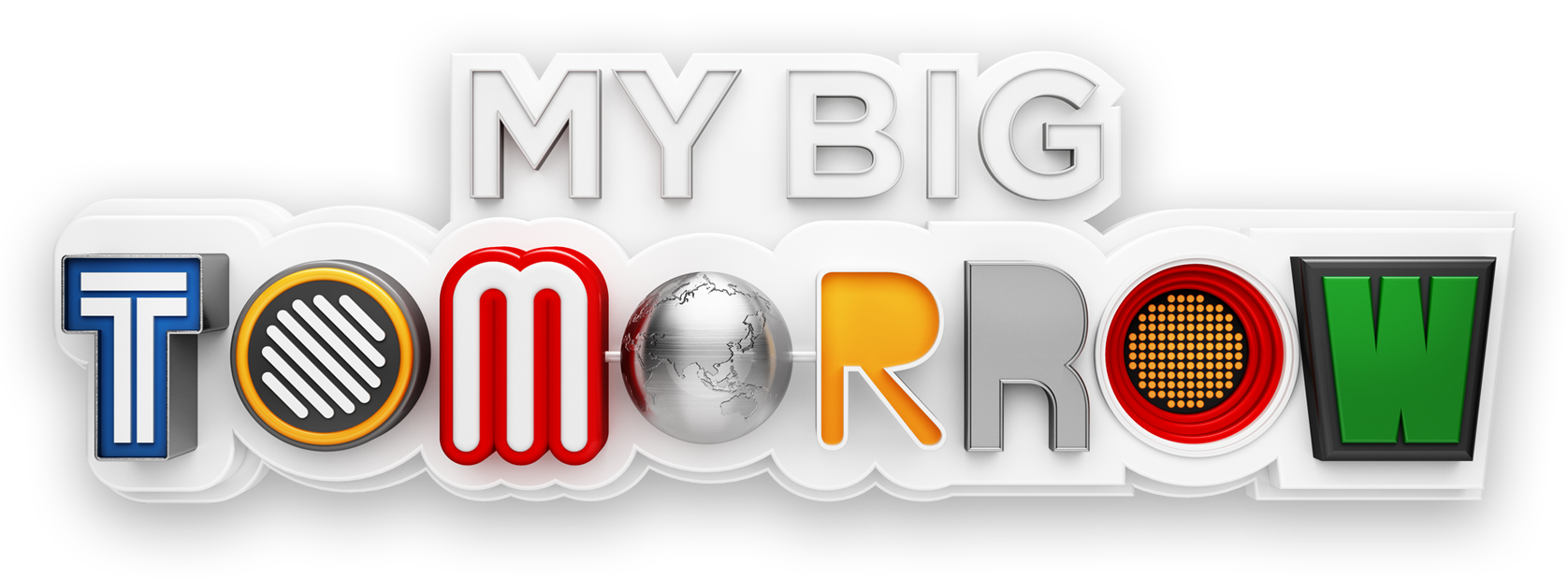
Simulation Coordinator
As a simulation coordinator you are in charge of medical courses that use equipment to replicate real life situations. A big part of the job involves using mannequins that have life-like qualities such as a heartbeat and blood pressure for training purposes.
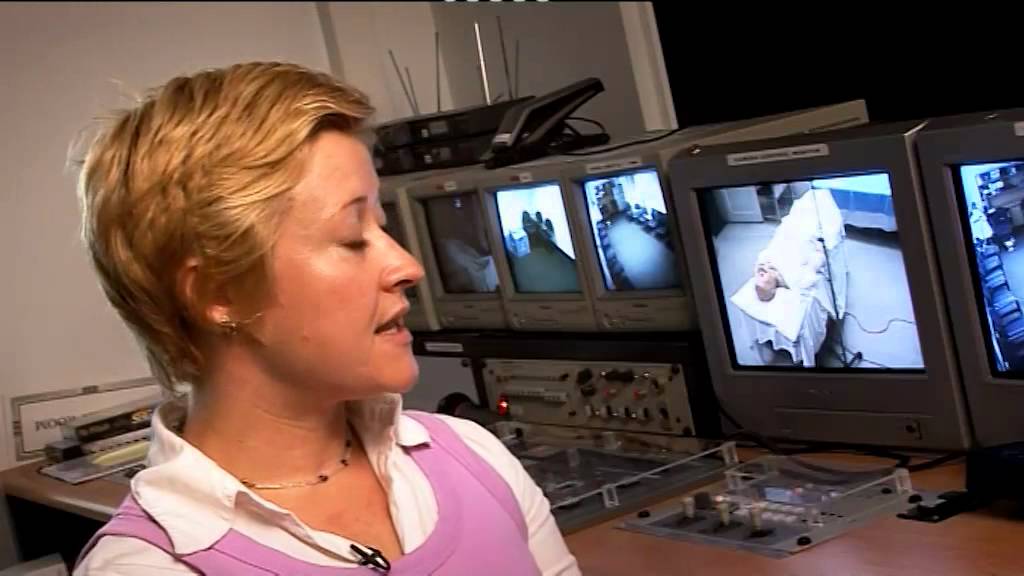

What the job looks like
Salary expectation
starts at $60,000 up to $500,000

The good
- Teaching others and learning at the same time
- The work is hands on and practical
- Each week is different
- Using medical equipment and different technologies
- Training people to potentially save lives
The not so good
- Early starts
- Occasional equipment malfunctions
A simulation coordinator is in charge of a learning environment used to educate nurses and other health care professionals. It is your role to develop the programs and integrate simulation as part of the assessment process. Simulators can be human patient (like a mannequin) or audio visual equipment.
In a day you might set up the simulation centre, check equipment, teach a group and check that all the equipment is in good condition.
Computer skills are an important part of the job as it is a very technical role. This includes an understanding of any heart rate or blood pressure monitors and other equipment used in the environment. Mathematics plays an important role in your training to teach staff how to correctly calculate medication doses, convert units of measurements or monitor vital signs.
Simulation coordinators need to have good communication skills to train staff. You will be doing a lot of explaining and teaching so it is important that you are easily understood. Any patient notes or training material you write up should be accurate and detailed.
If you have an interest in health, can work under pressure and like working as part of a team, then a career as a simulation coordinator could be for you.
I love teaching, learning and the clinical aspect of actually doing it.
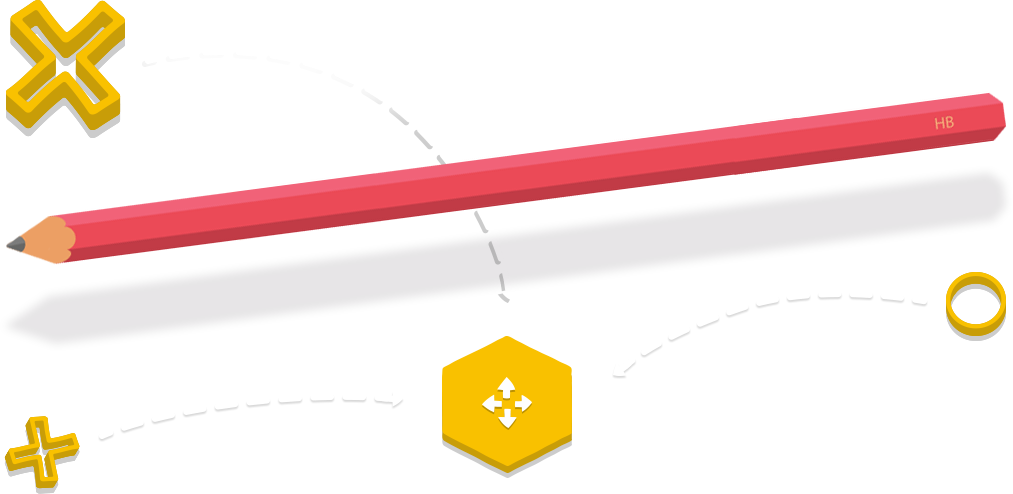
Pathways to this career
Subject suggestions for the HSC
Choosing your HSC subjects from this list could really help with your career. Think carefully about what you want to study after school as you might need to choose specific HSC subjects for that course and to count towards your ATAR (Australian Tertiary Admission Rank). An ATAR is your academic rank in relation to other HSC students and helps with University admission.
HSC subjects
Some subjects will count towards your ATAR, others will not. Check with your career advisor before making subject selections.
- English (Advanced)
- Mathematics (2 unit)
- Biology
- Physics
- PDHPE
- Information Processes and Technology
What can I do after I have finished school?
University degrees
Studying one of these degrees can help with your career.
- Bachelor of Nursing
Suggestions
Check out Simulation Australia for more information
- Watch medical shows to gain an understanding of the terminologies
- Ask to do work experience in nursing to get a feel for the job
- Go to career expos and events like university Open Days for information about what you will study
